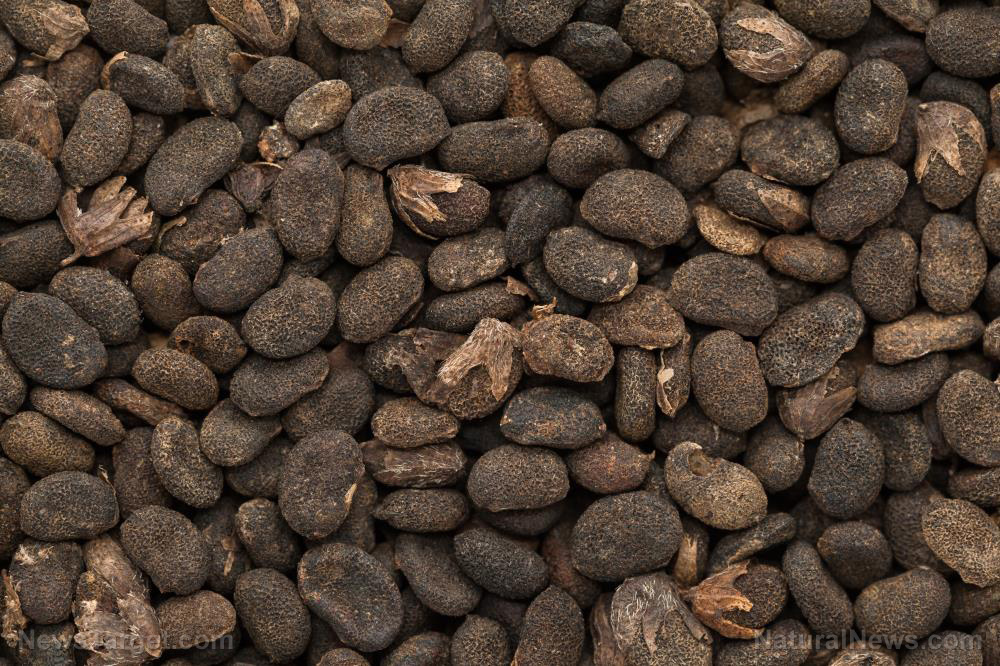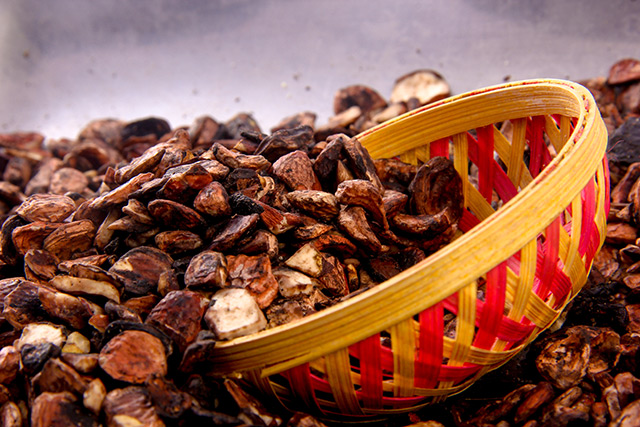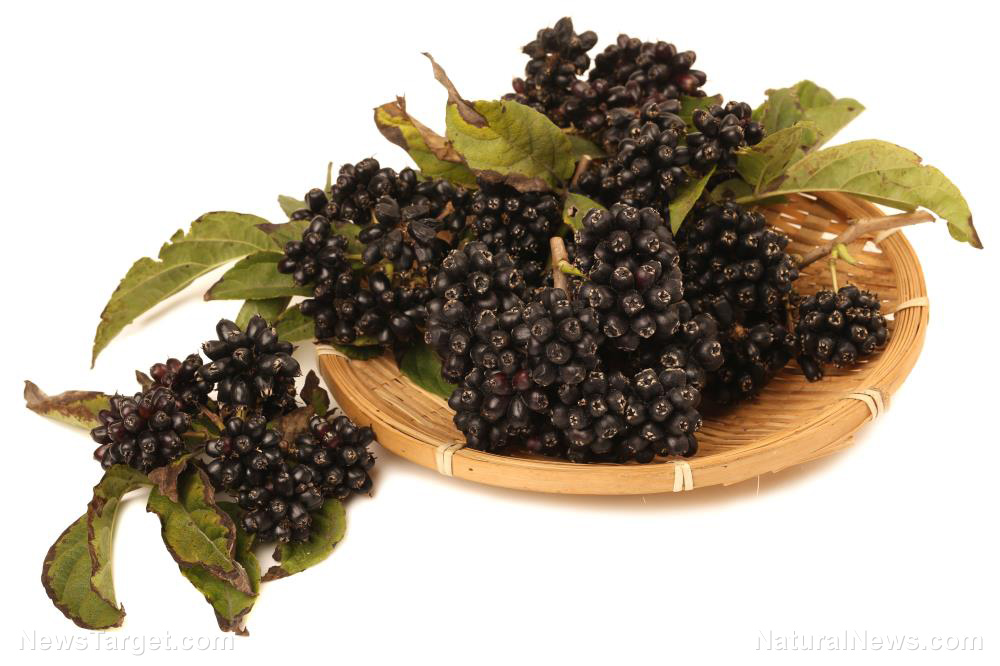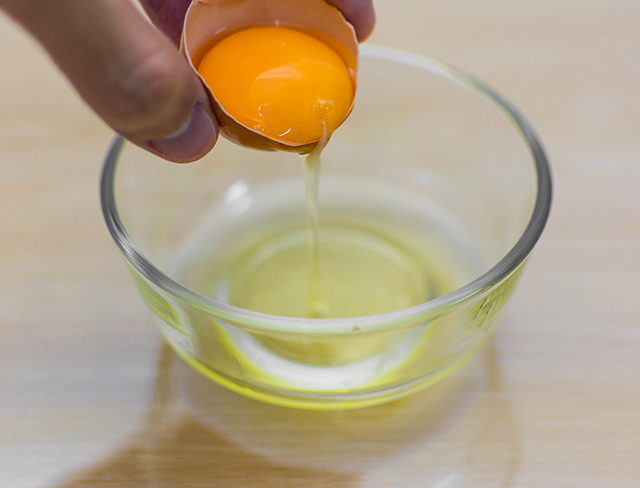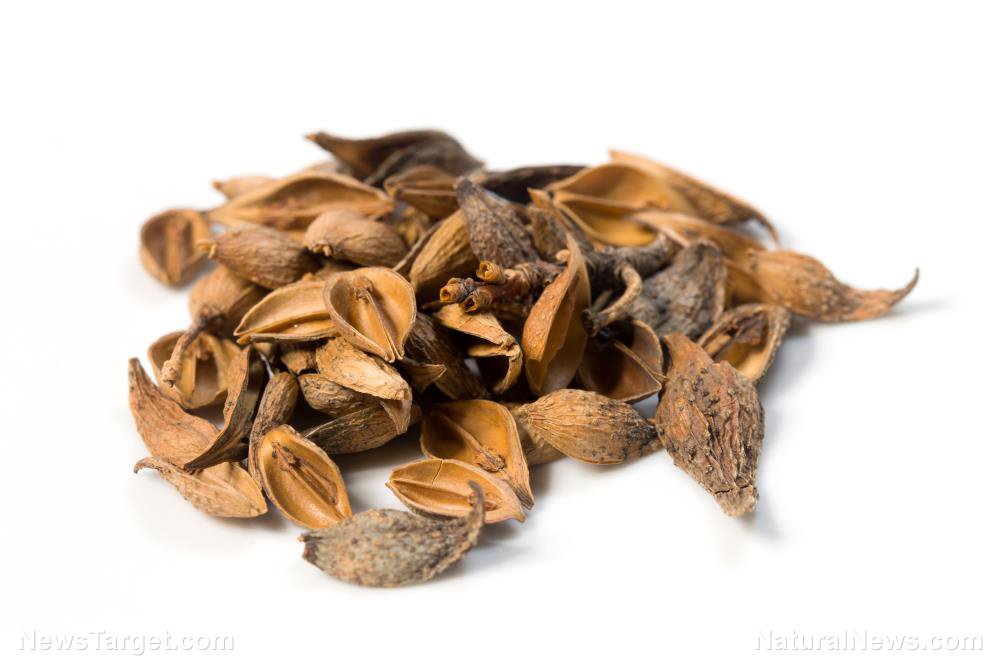Solanum nigrum inhibits tumor growth proliferation
06/18/2019 / By Michelle Simmons
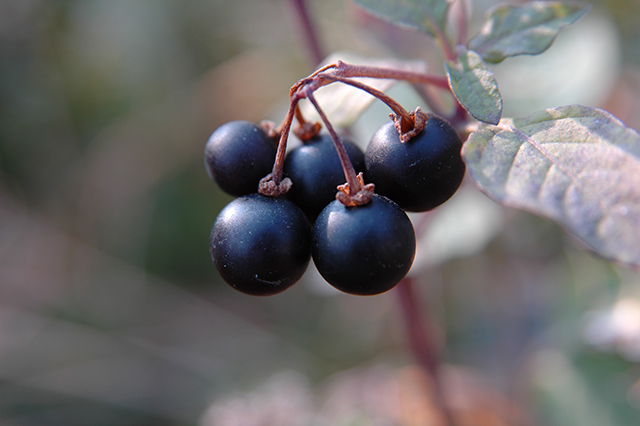
A team of researchers from Chung Shan Medical University in Taiwan examined whether the extracts of black nightshade plant (Solanum nigrum L.) could inhibit tumor growth. The research team published their findings in The American Journal of Chinese Medicine.
- Black nightshade is an edible plant and local dish that has been reported to possess anticancer activities. However, the anticancer mechanisms of black nightshade are poorly understood.
- For the study, the research team investigated whether the water or polyphenol extracts of black nightshade could inhibit angiogenesis-mediated tumor growth.
- In nude mice bearing tumor xenografts, both extracts of black nightshade significantly reduced the volume and weight of the tumors, as well as reduced the expression of CD31, which is a marker for angiogenesis.
- Both extracts of black nightshade also inhibited the vascular endothelial growth factor (VEGF)-induced capillary structure formation of endothelial cells.
- The chicken egg chorioallantoic membrane (CAM) and Matrigel plug assays further showed that black nightshade extracts inhibited tumor angiogenesis.
- In human umbilical vascular endothelial cells (HUVECs), both extracts of black nightshade suppressed the VEGF-induced activation of AKT and mTOR.
- In addition, both extracts of black nightshade inhibited the viability of human hepatoma HepG2 cells, and these effects were associated with the extent of inhibition of the AKT/mTOR pathway, an intracellular signaling pathway important in the regulation of the cell cycle.
In conclusion, the findings of the study indicated that black nightshade extracts inhibited tumor growth and angiogenesis by downregulating the AKT/mTOR pathway in HUVECs and HepG2 cells.
Learn more about the health benefits of black nightshade and its extracts at NaturalCures.news.
Journal Reference:
Yang MY, Hung CH, Chang CH, Tseng TH, Wang CJ. SOLANUM NIGRUM SUPPRESS ANGIOGENESIS-MEDIATED TUMOR GROWTH THROUGH INHIBITION OF THE AKT/MTOR PATHWAY. The American Journal of Chinese Medicine. 15 September 2016; 44(6): 1273-1288. DOI: 10.1142/S0192415X16500713
Tagged Under: alternative medicine, anticancer, black nightshade, disease treatment, herbal medicine, Herbs, medicinal plants, natural cures, natural medicine, natural treatment, prevention, research, Solanum nigrum, tumors



